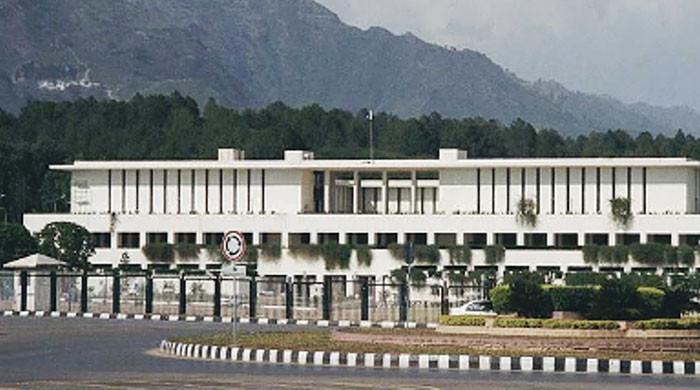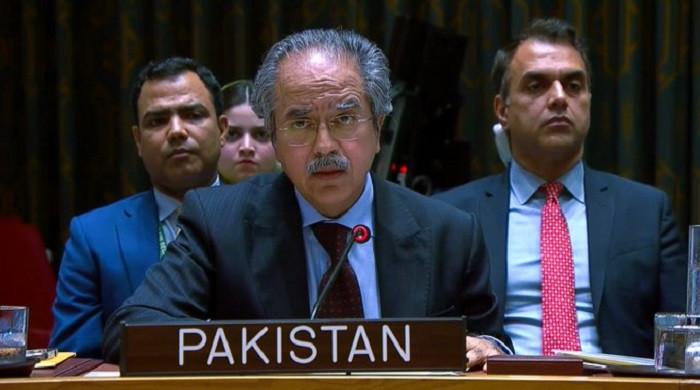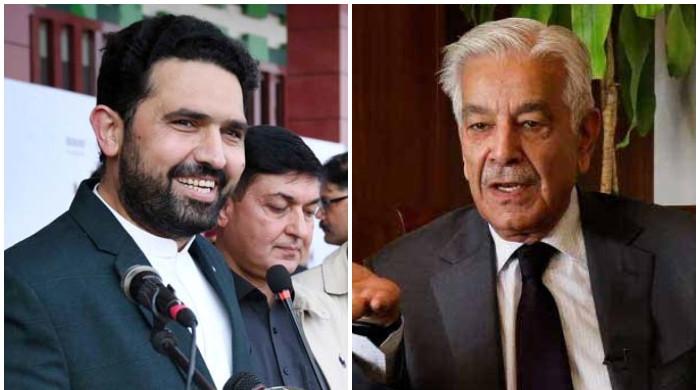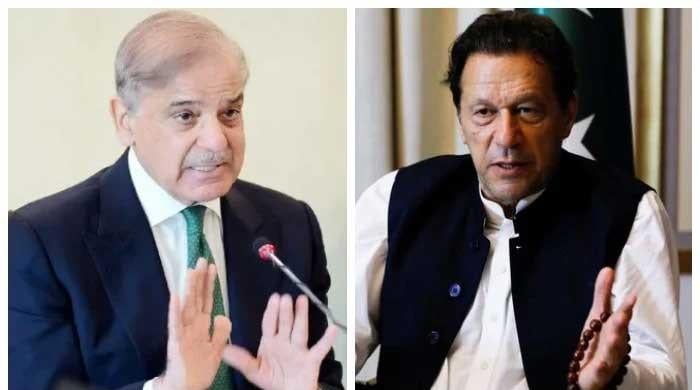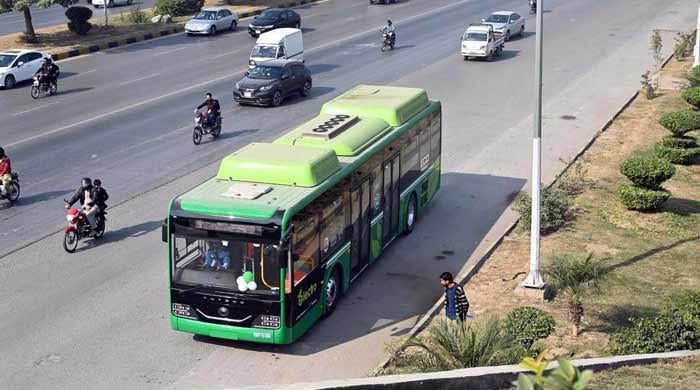Istanbul talks: Pakistan picks apart Afghan Taliban for ‘deliberately distorting' facts
Islamabad called for arresting or controlling terrorists based in Afghanistan, says info ministry
November 01, 2025
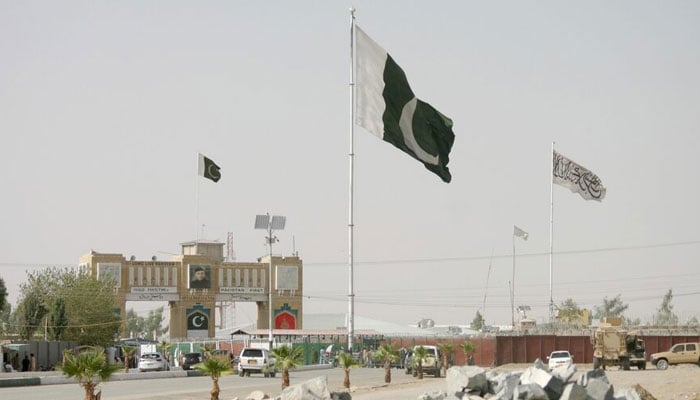
- Islamabad says Kabul’s version of talks "false and misleading".
- Pakistan urges action against terrorists sheltering in Afghanistan.
- Afghan Taliban claims deportation offer rejected by Islamabad.
ISLAMABAD: Amid a fragile ceasefire between Islamabad and Kabul, Pakistan on Saturday rejected the "deliberate twisting of facts" attributed to the Afghan Taliban’s spokesperson, Zabihullah Mujahid, regarding the recent Istanbul talks between the two countries.
In a statement posted on X, the Ministry of Information said Pakistan had demanded that terrorists based in Afghanistan and posing a threat to Pakistan either be controlled or arrested.
"When the Afghan side claimed those individuals were Pakistani nationals, Islamabad immediately proposed that they be handed over through designated border crossings, in line with its long-standing position," it said.
“Any claim to the contrary is false and misleading,” the statement added.
The clarification came after Zabihullah Mujahid told a private news channel that during the Istanbul negotiations, the Afghan side had offered to deport individuals considered security threats by Islamabad — a proposal Pakistan allegedly declined.
He alleged that Pakistan had instead asked Afghanistan to restrain those individuals within Afghanistan rather than deport them.
Mujahid further asserted that Afghanistan's policy prohibits migrants from carrying weapons and said that Kabul would act if Pakistan provided credible evidence of any threat.
He also alleged that Pakistan’s recent actions appeared to be aimed at creating conditions for a possible US return to the Bagram airbase.
Pakistan and the Afghan Taliban regime agreed to uphold ceasefire after multiple rounds of talks in Istanbul collapsed without a breakthrough.
The talks had broken down when the Taliban refused to provide verifiable guarantees that groups such as the TTP would not use Afghan territory to launch attacks on Pakistan.
Pakistan had recommenced talks at the request of mediators Turkey and Qatar to give peace another chance, while repeatedly urging Kabul to act against militants using its territory as a safe haven.
'Malicious and misleading'
Separately, Defence Minister Khawaja Asif — in a statement posted on X — strongly condemned "malicious and misleading" remarks made by the Afghan Taliban’s spokesperson, saying that Pakistan’s political and military leadership stands united on the country’s security and Afghan policies.
Asif said there exists complete unanimity of views among Pakistanis — including the political and military leadership — on the nation’s comprehensive approach toward Afghanistan and its commitment to regional peace and stability.
He said the people of Pakistan, particularly those in Khyber Pakhtunkhwa, are fully aware of the Afghan Taliban regime’s “treacherous and barbaric patronisation of India-sponsored terrorism” and “harbour no illusions” about its intentions or conduct.
The defence minister said the non-representative Afghan Taliban regime suffers from deep internal divisions and continues to oppress Afghan ethnic groups, women, children, and minorities while suppressing fundamental rights such as education, representation, and freedom of expression.
“Even after four years in power, the regime has failed to deliver on promises made to the international community,” Asif remarked, accusing the Taliban of masking their lack of governance and stability through rhetoric and serving as a proxy for external interests.
Islamabad-Kabul tensions
Pakistan has been grappling with rising terror incidents, particularly in Khyber Pakhtunkhwa (KP) and Balochistan, since the Afghan Taliban regime took power in 2021.
The government in Islamabad has repeatedly urged the Taliban regime to rein in terrorist groups responsible for countless attacks in Pakistan.
However, the Taliban regime largely remained indifferent to Pakistan's demands and provided refuge to multiple terrorist groups targeting security forces and civilians.
Instead of addressing Pakistan's concerns about cross-border terrorism, the Taliban regime resorted to unprovoked firing along the border on October 12.
The Pakistan Armed Forces retaliated swiftly, killing over 200 Taliban fighters and affiliated militants; however, as many as 23 Pakistani soldiers were martyred during the border clashes.
The security forces also conducted strikes inside Afghanistan, including in Kabul, destroying terrorists’ hideouts in the country.
Hostilities between forces of the two nations ceased after Pakistan accepted the Taliban regime's request for a temporary ceasefire on October 17.
Delegations from the two countries later met for talks mediated by Qatar in Doha, where they agreed on a ceasefire agreement.
Turkiye then hosted the second round of talks in Istanbul, which began on October 25 and continued till October 31.
The two sides would meet again in the next round scheduled for November 6.




